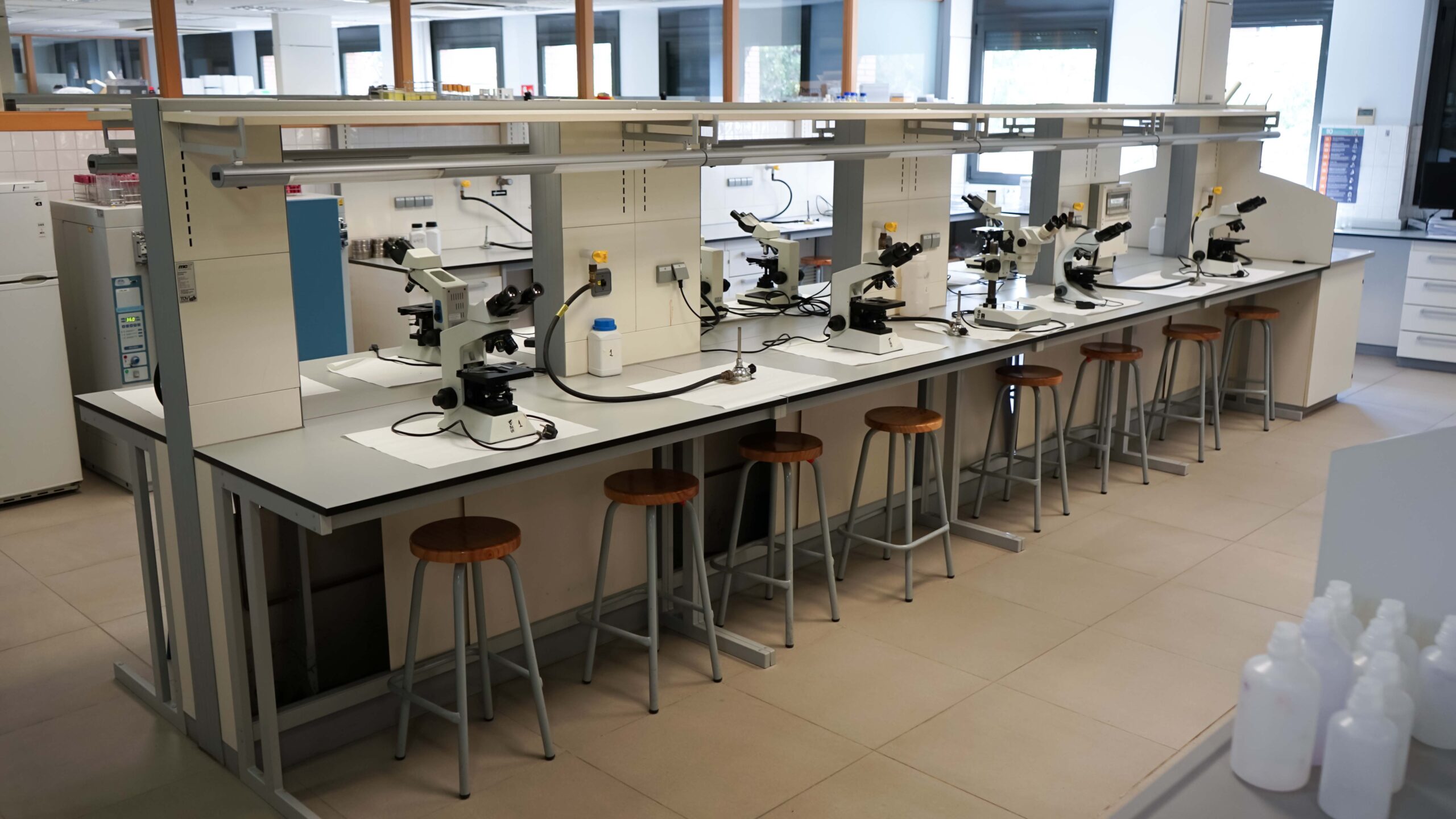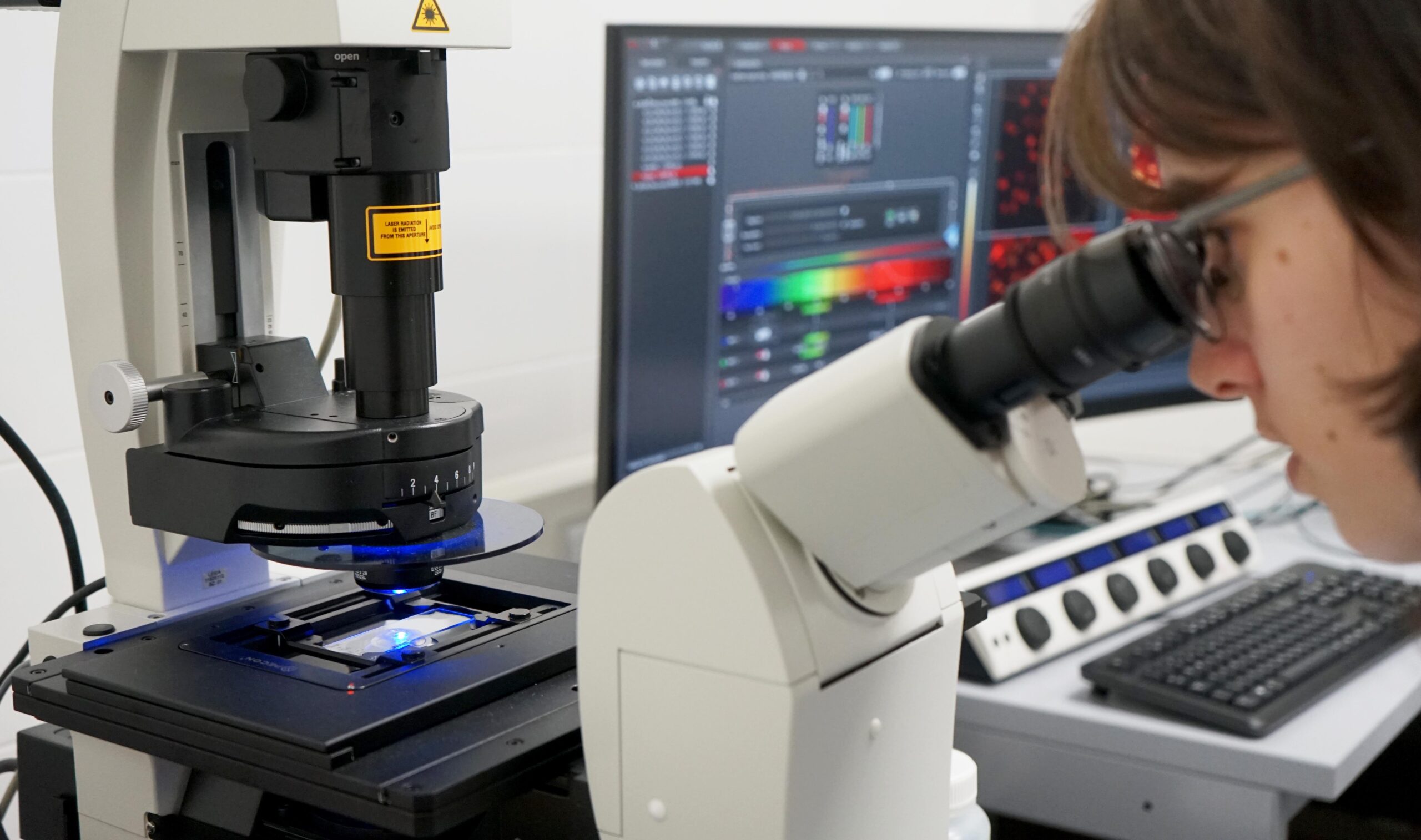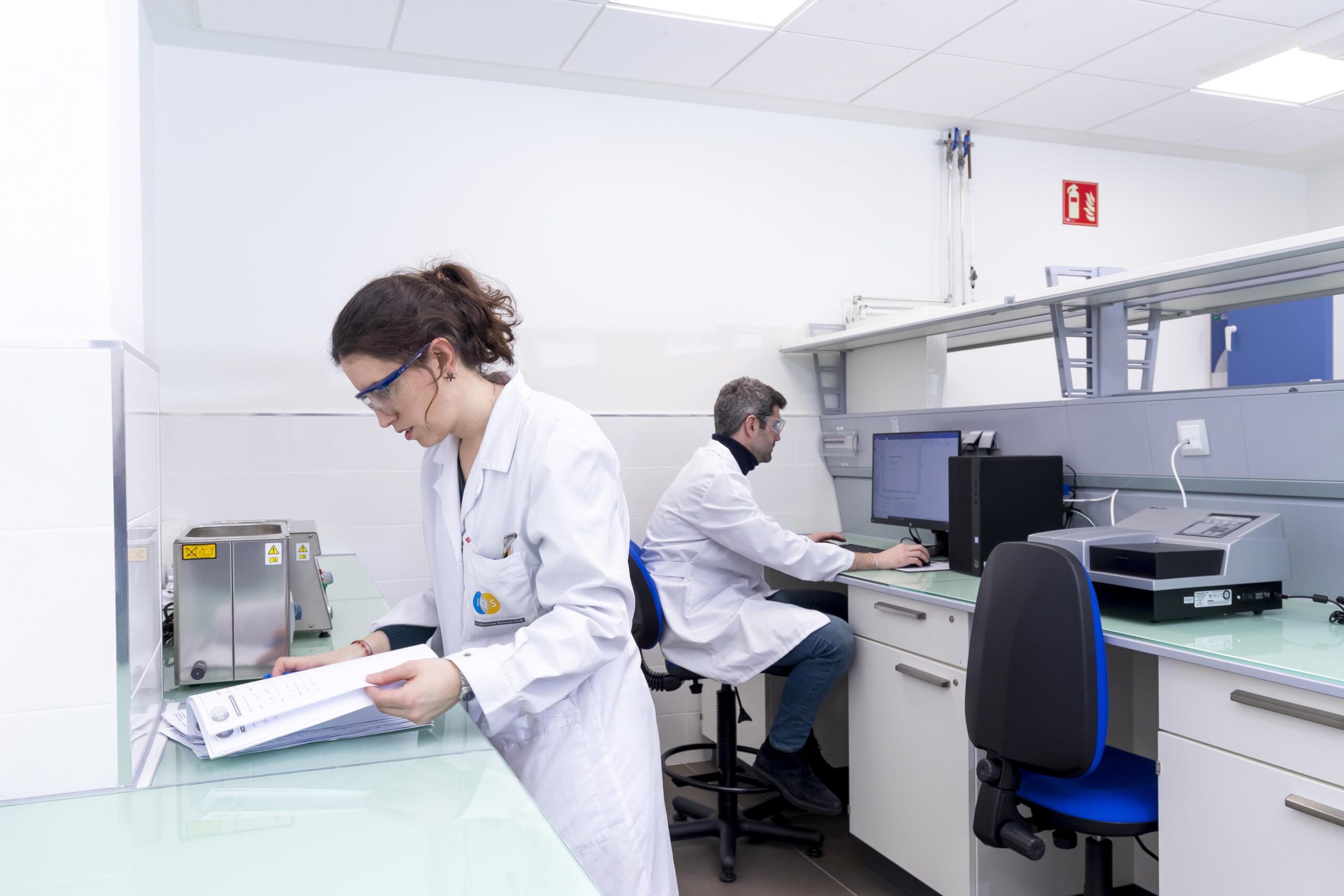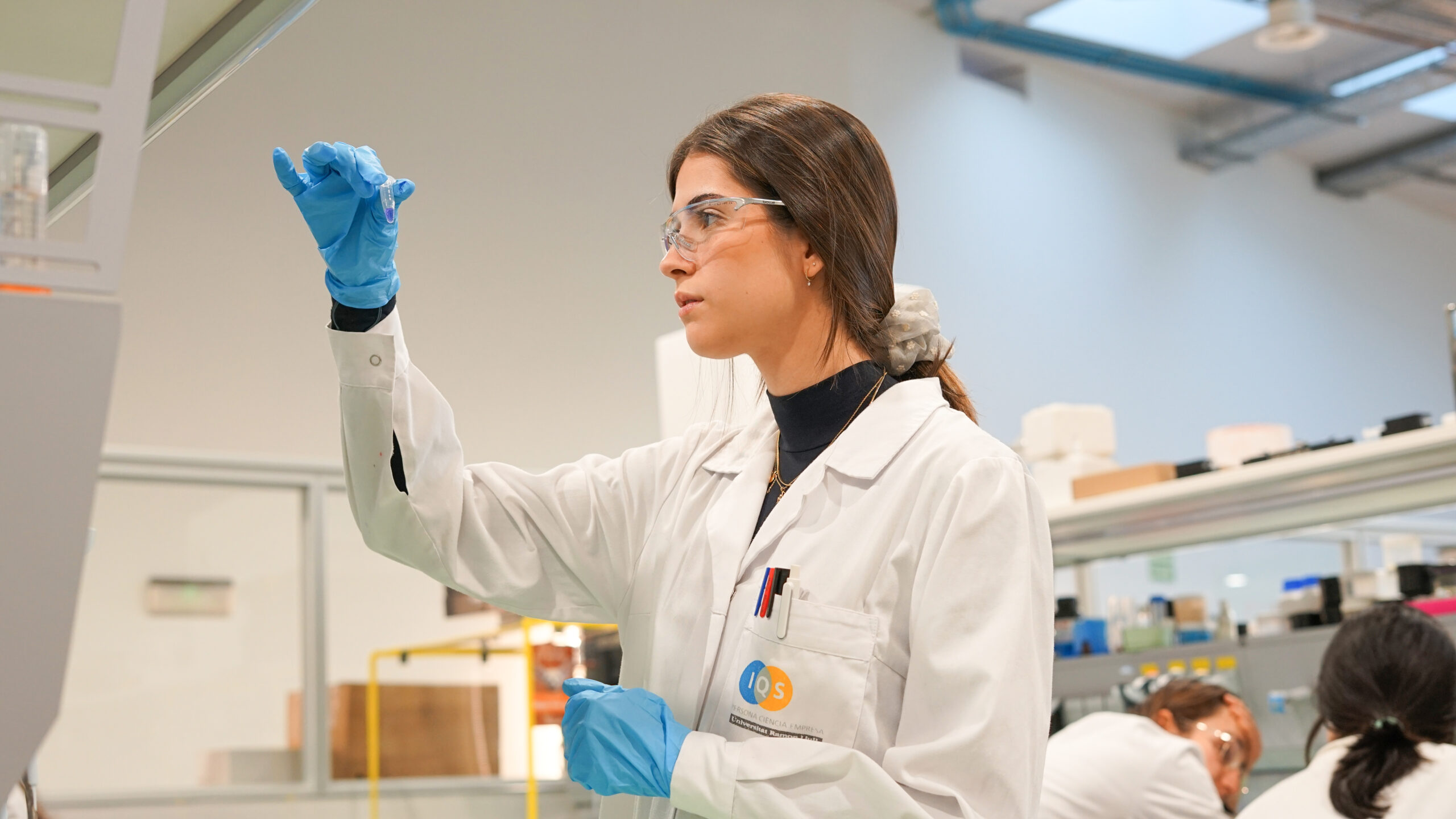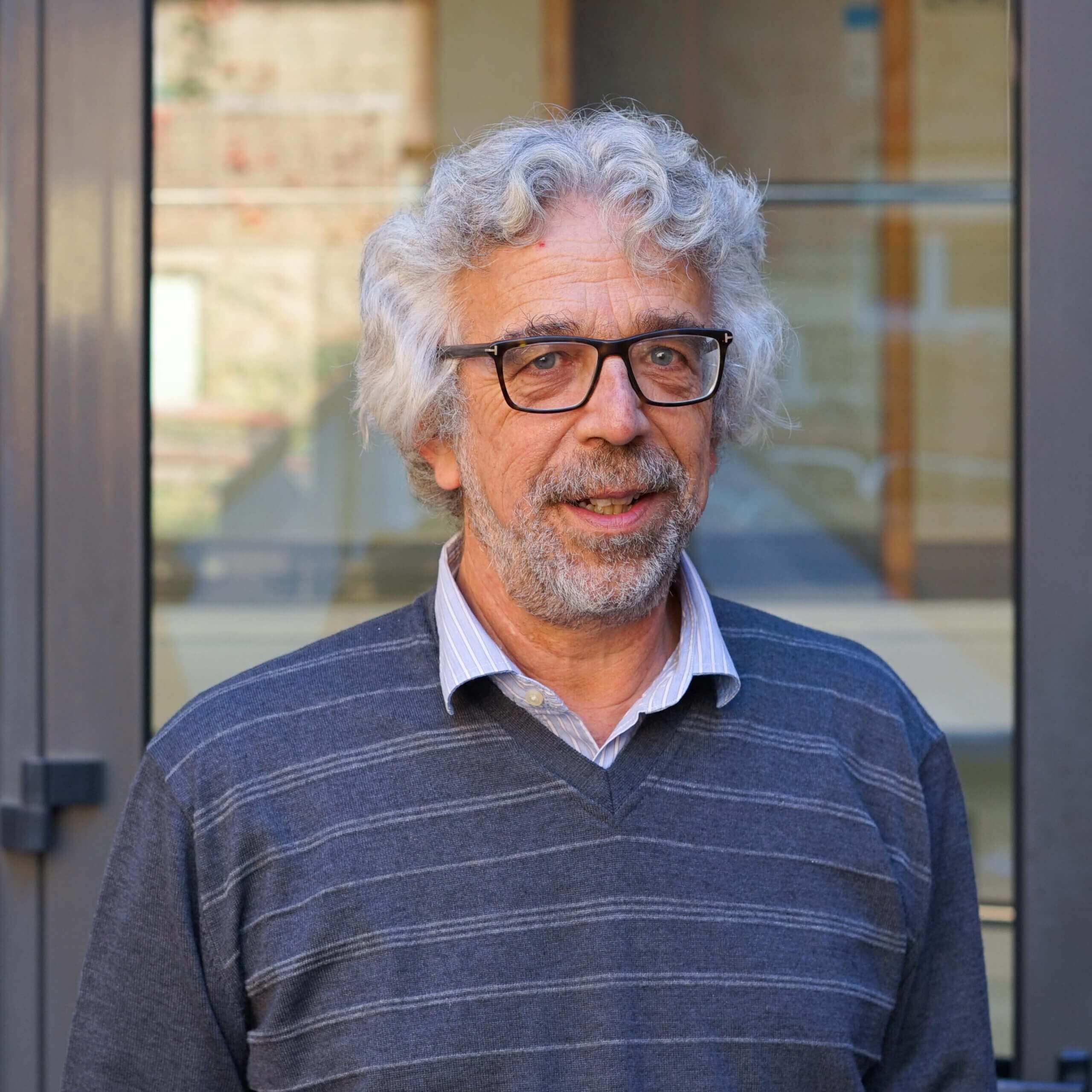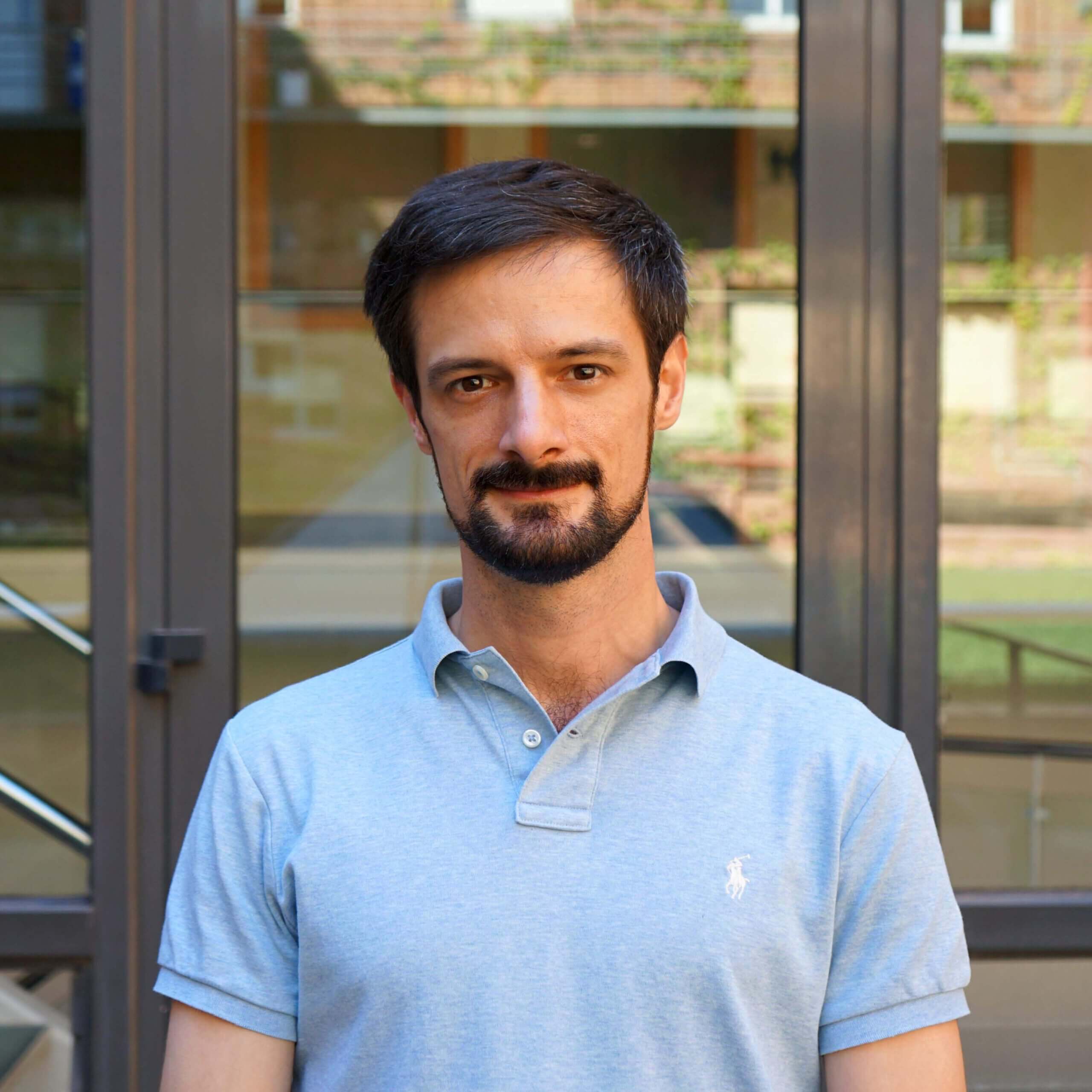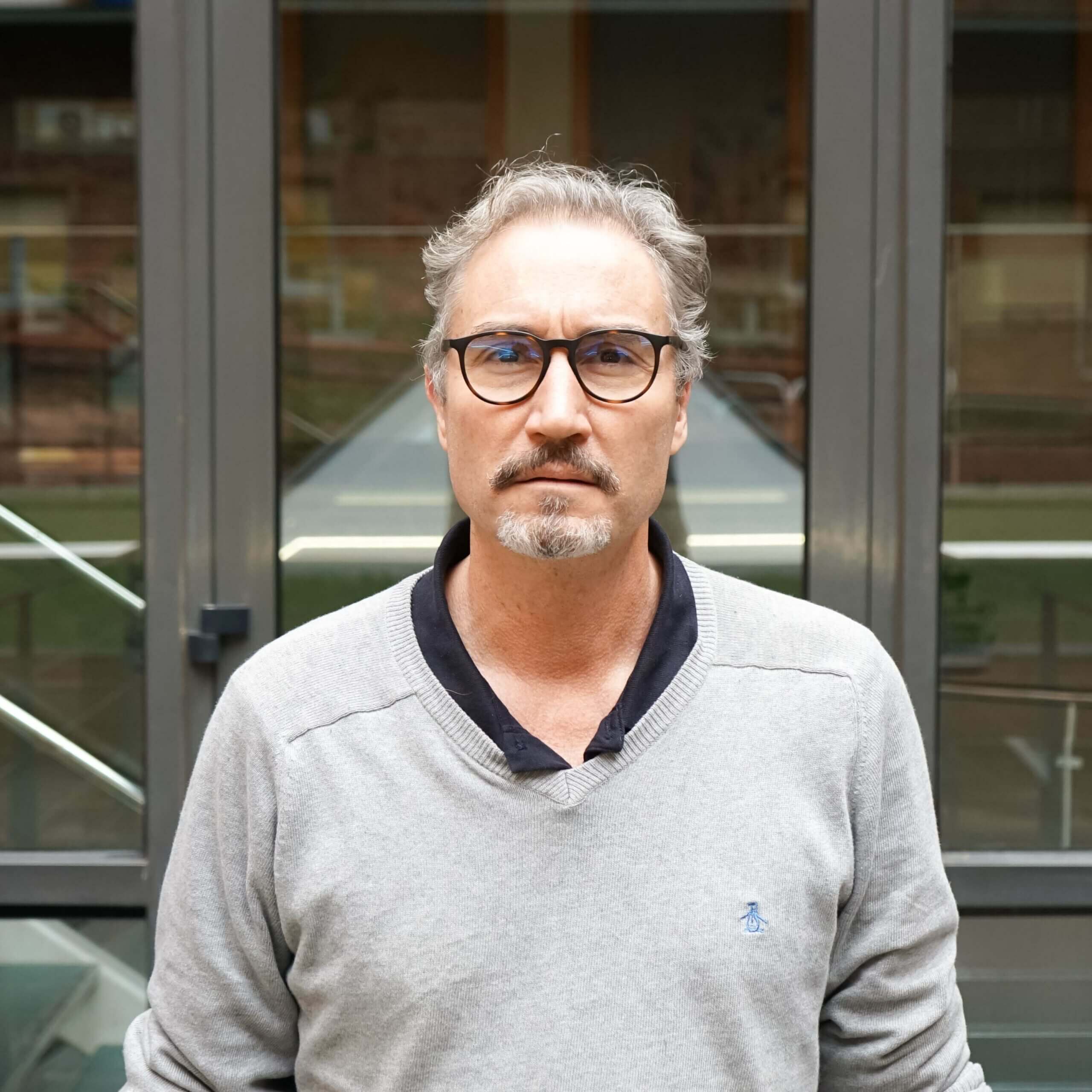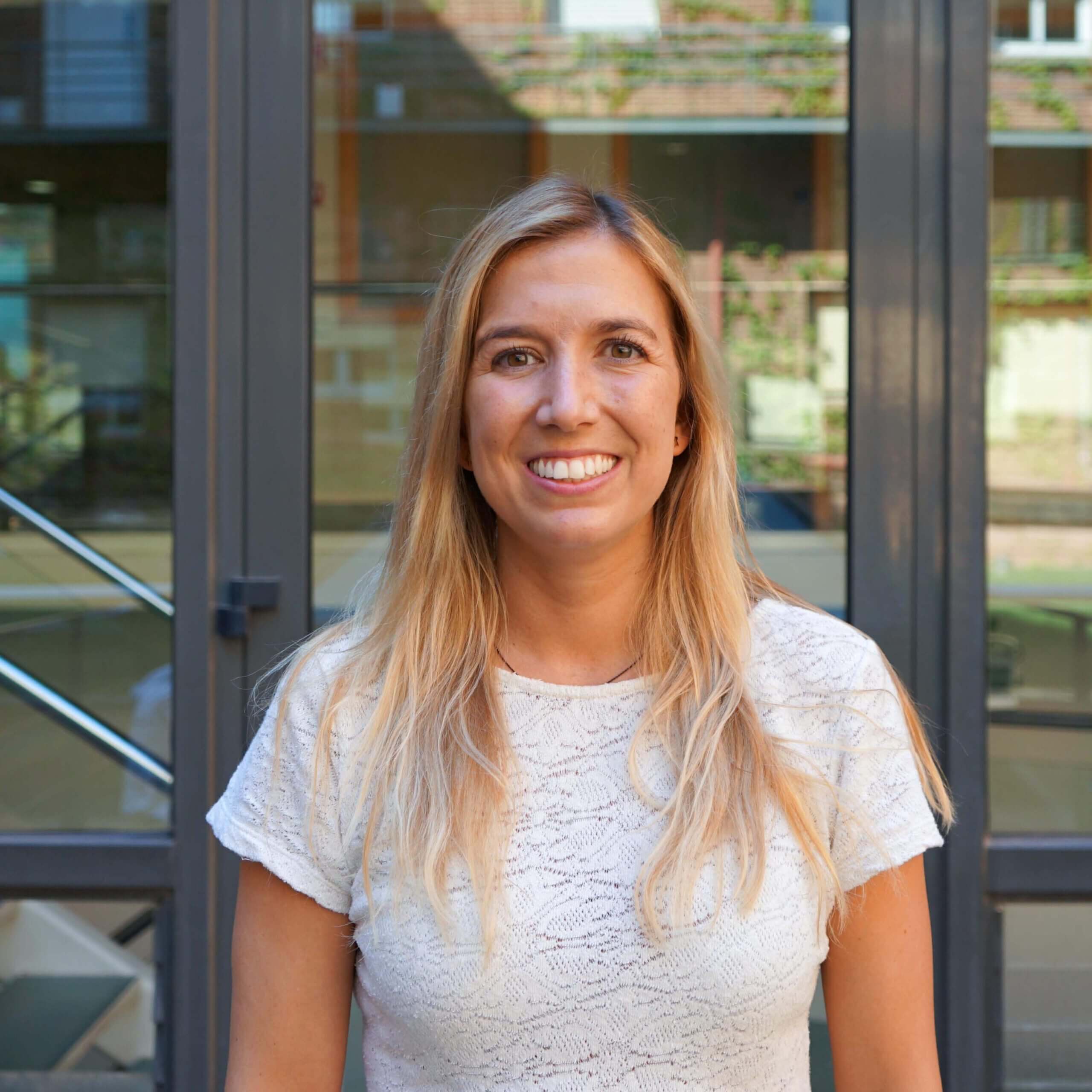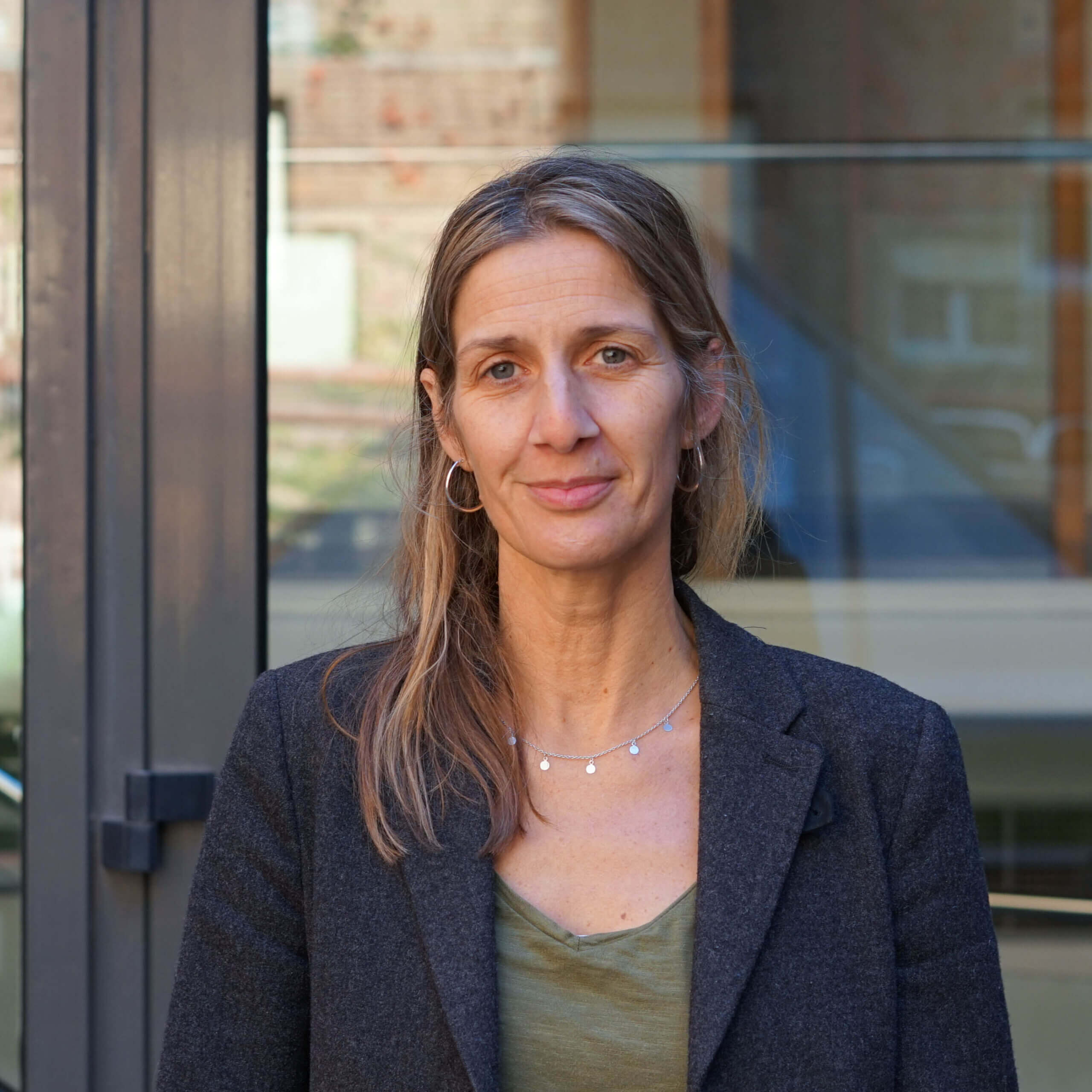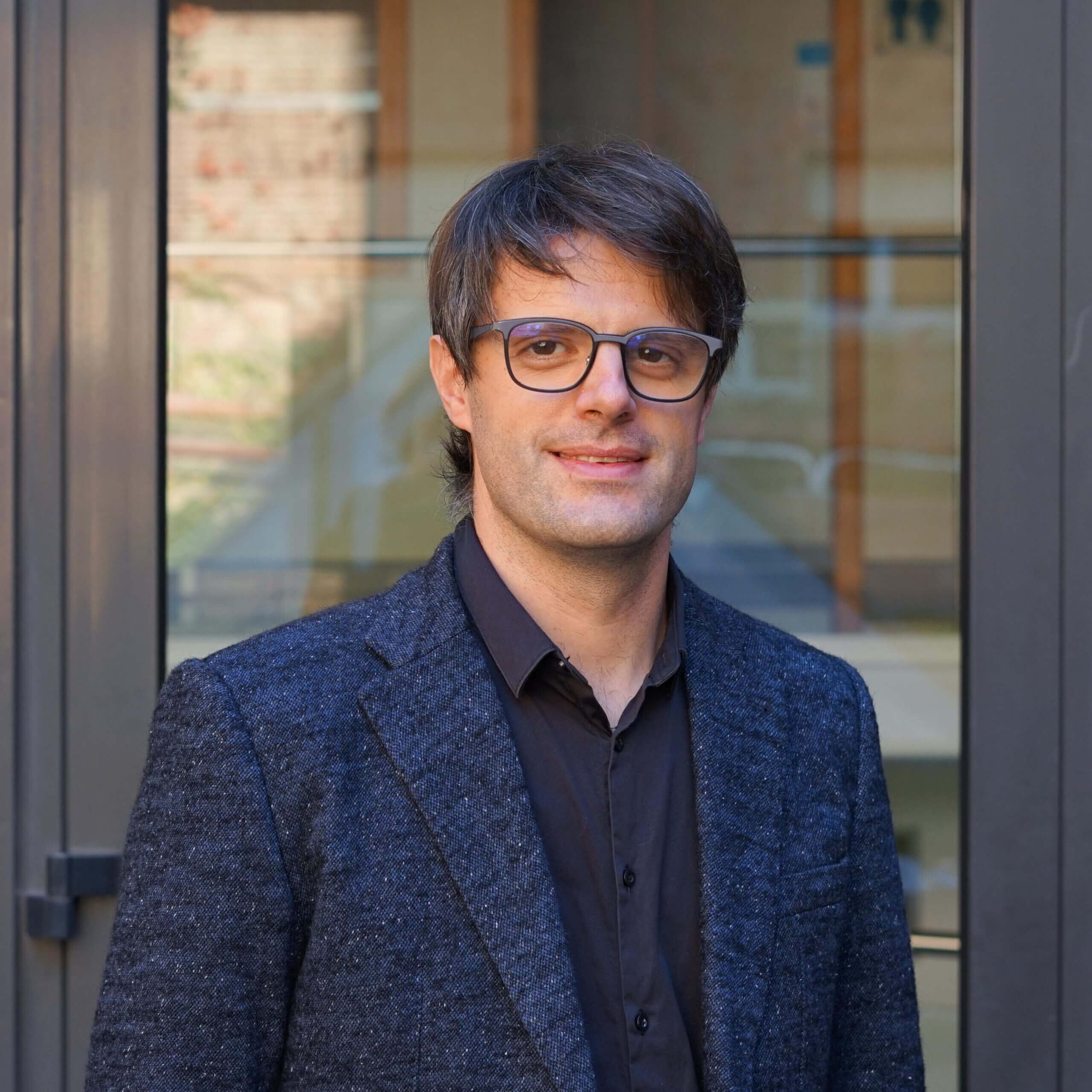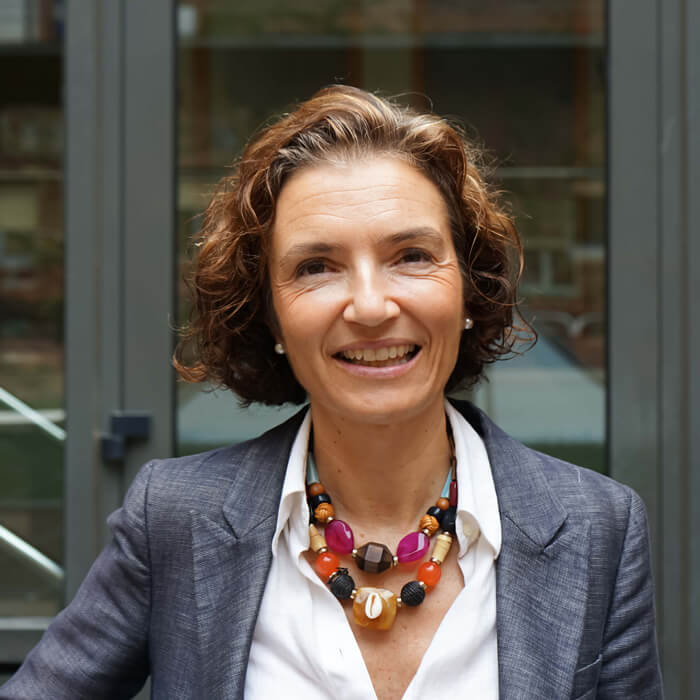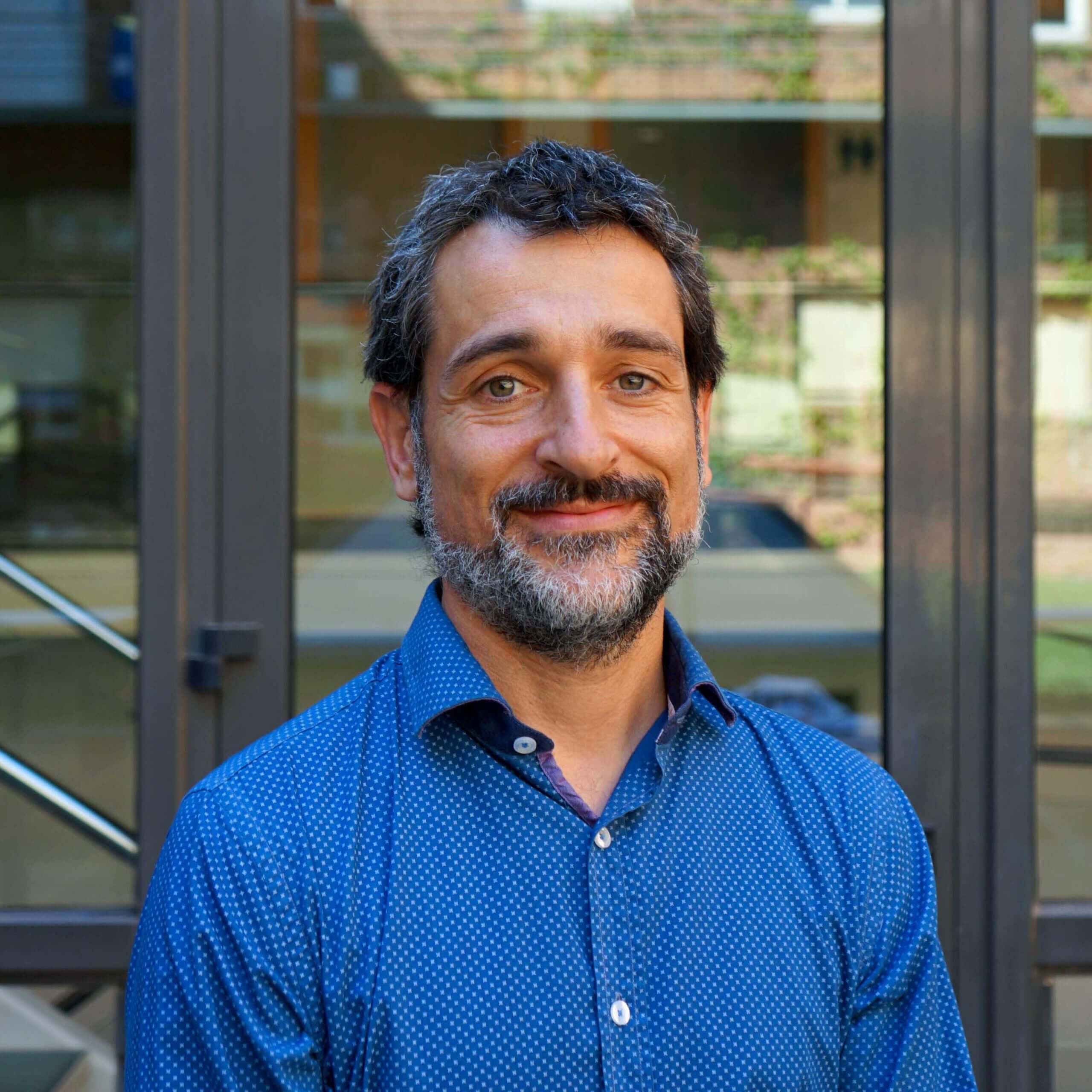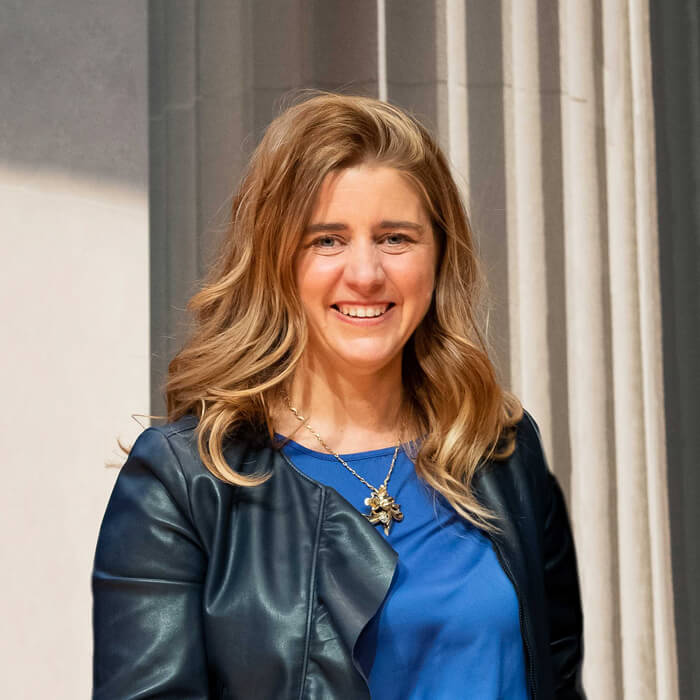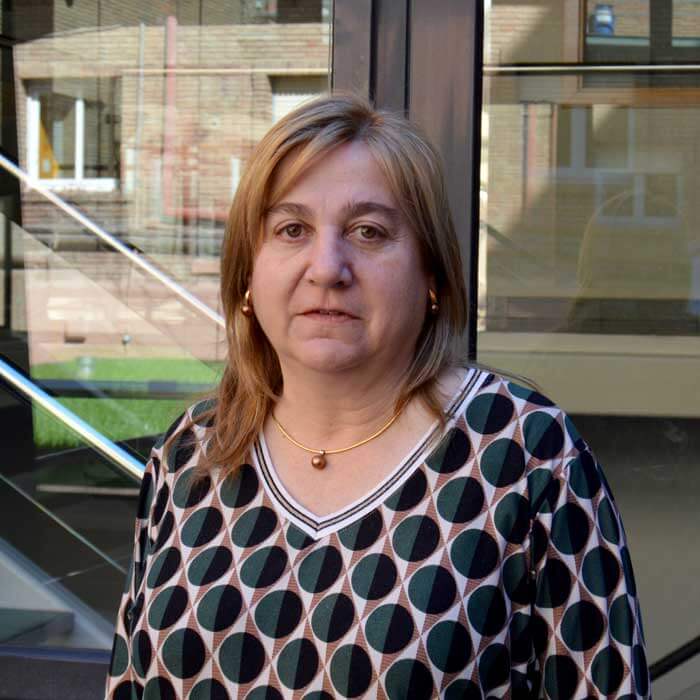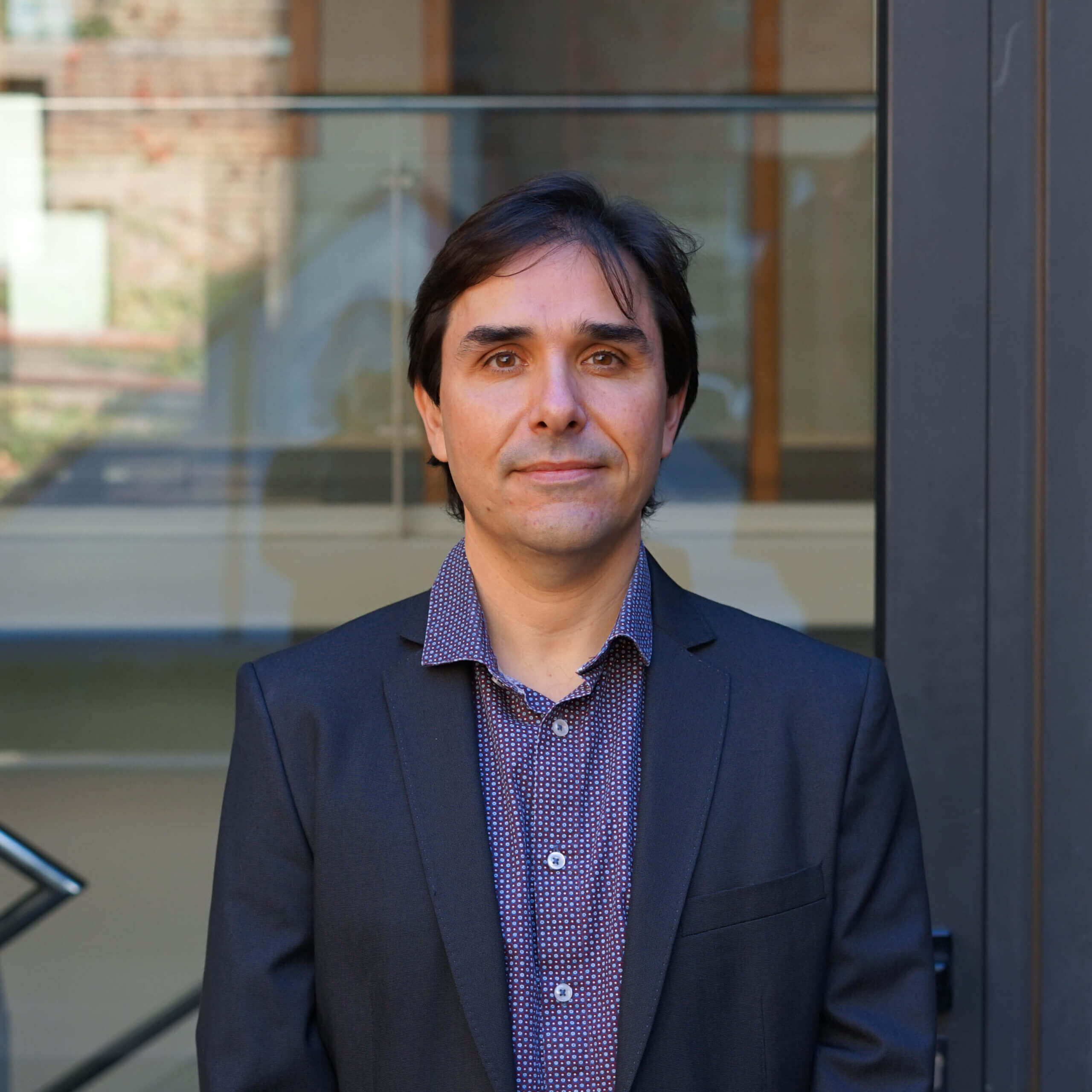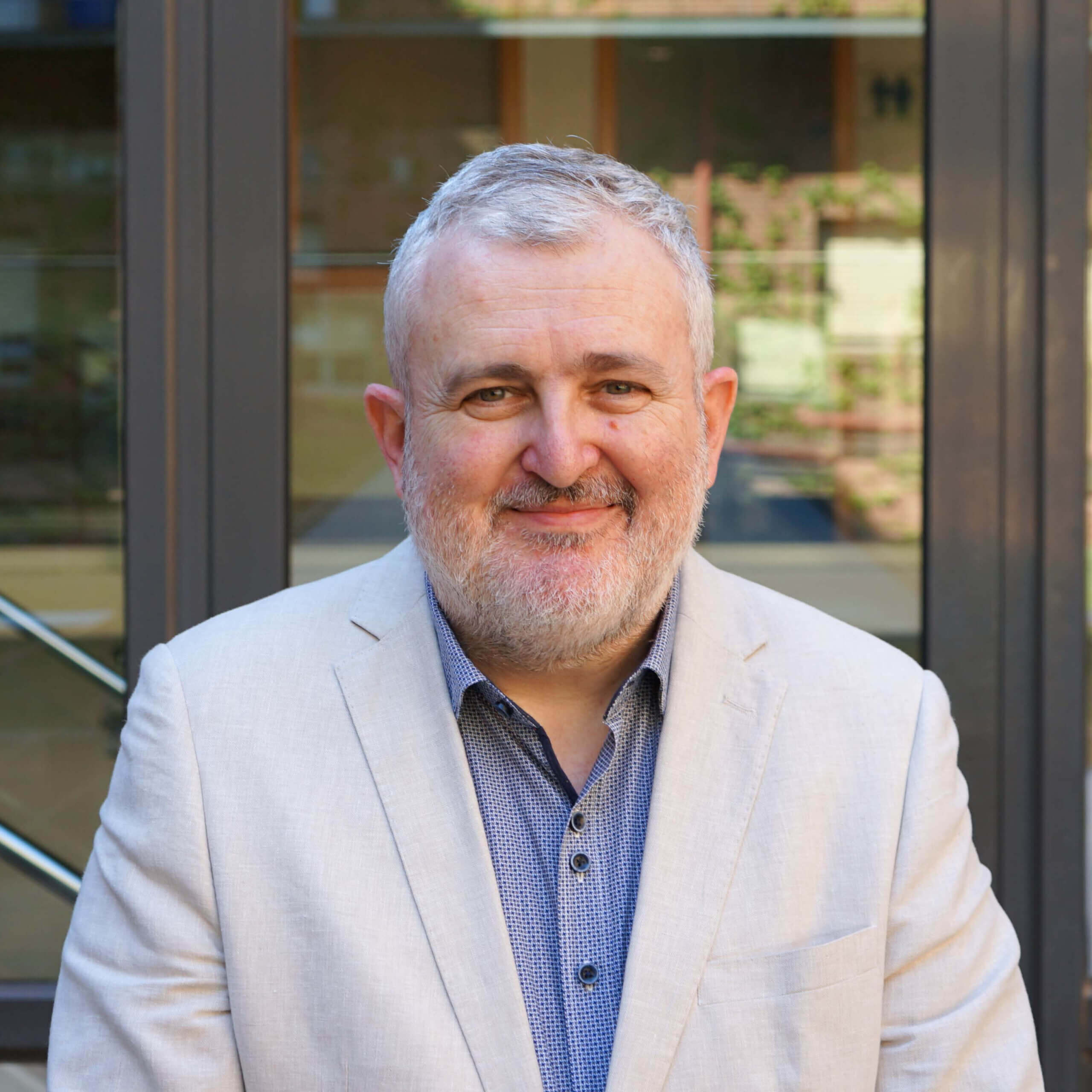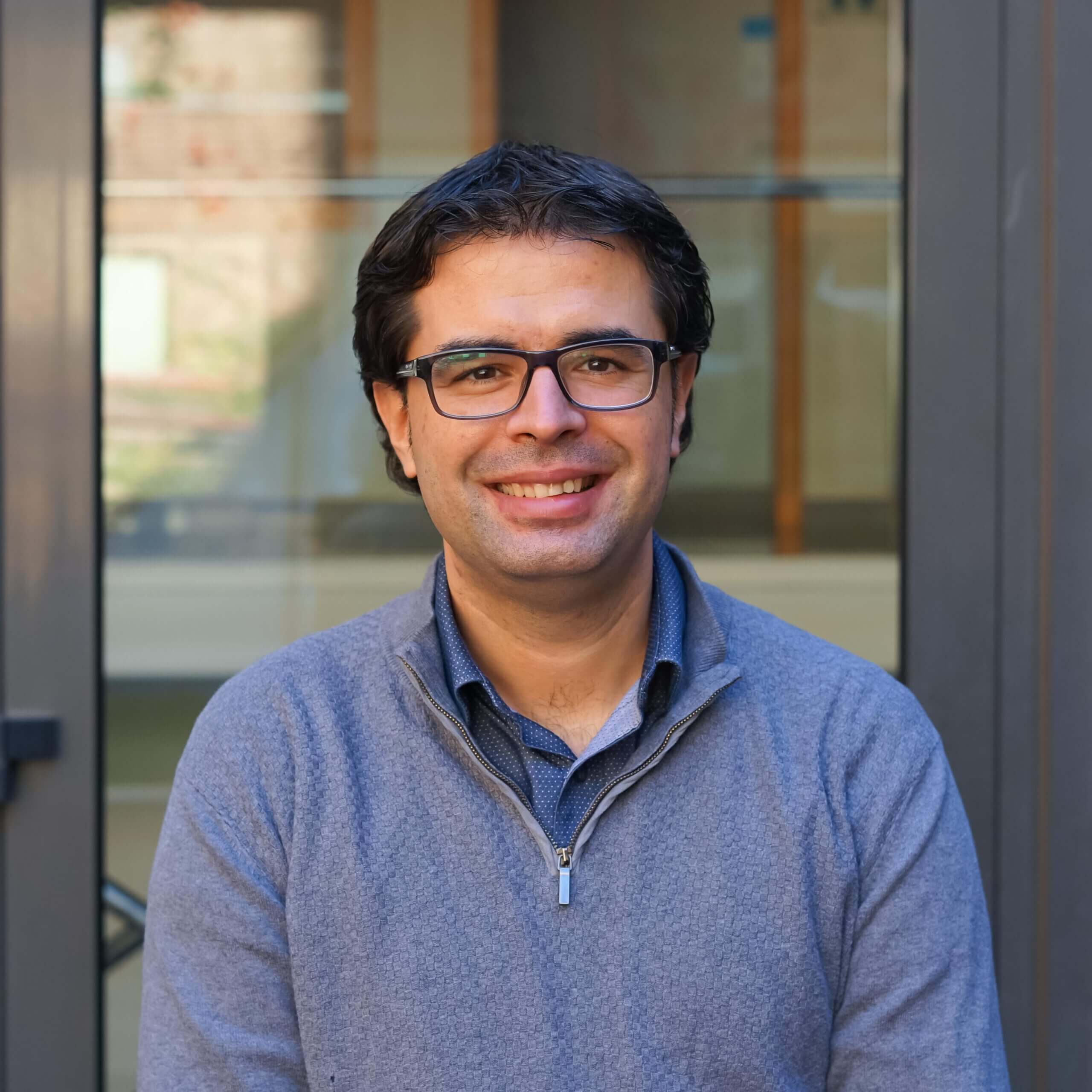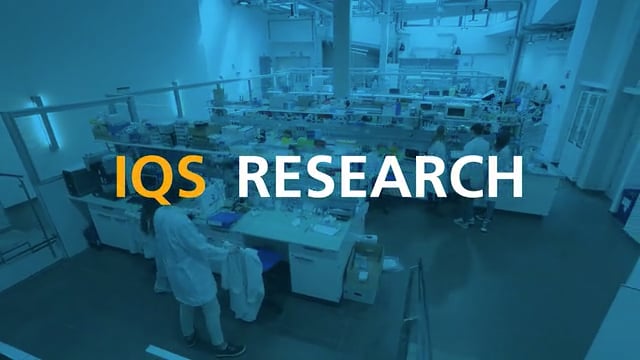Duration of the PhD programme and maintaining good standing
Doctoral studies last for a maximum duration of three full-time years, starting from the date of admission of the doctoral student to the programme up to the date of their doctoral thesis submission.
If a student’s request to submit their doctoral thesis has not been filed within this three-year period, the Doctoral Programme Academic Committee (CAPD) may authorise the extension of this period for one additional year, which may be exceptionally extended for an additional year.
Part-time doctoral studies may be carried out solely if authorised by the CAPD in advance. Part-time studies may last for a maximum duration of five years from the student’s date of admission to the programme up to the date of their doctoral thesis submission.
Extensions for part-time studies may be authorised for two more years and another additional year exceptionally.
For the purposes of calculating this period, absences due to illness, maternity, paternity, or any other cause envisaged by current legislation are not taken into account.
In addition, doctoral students can request temporary disenrollment from the programme for a maximum period of one year, which can be extended by up to one more year. This request must be justified and addressed to the CAPD, which will decide on whether or not to accept the request within a maximum period of two months.











